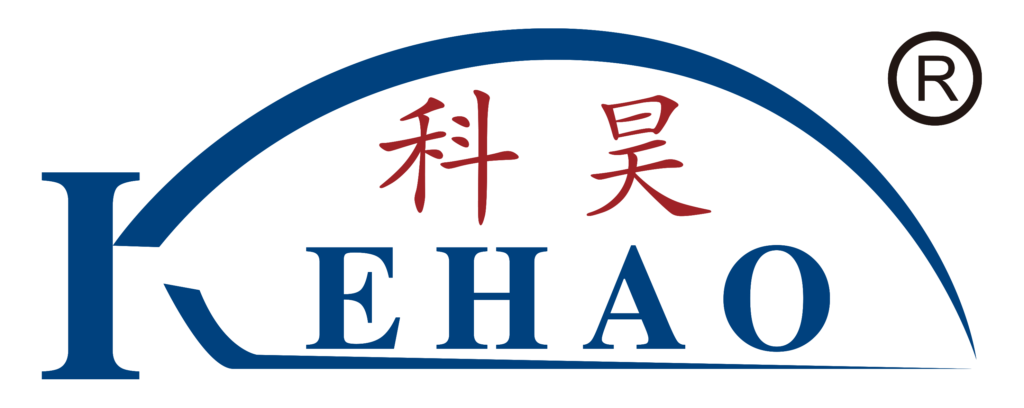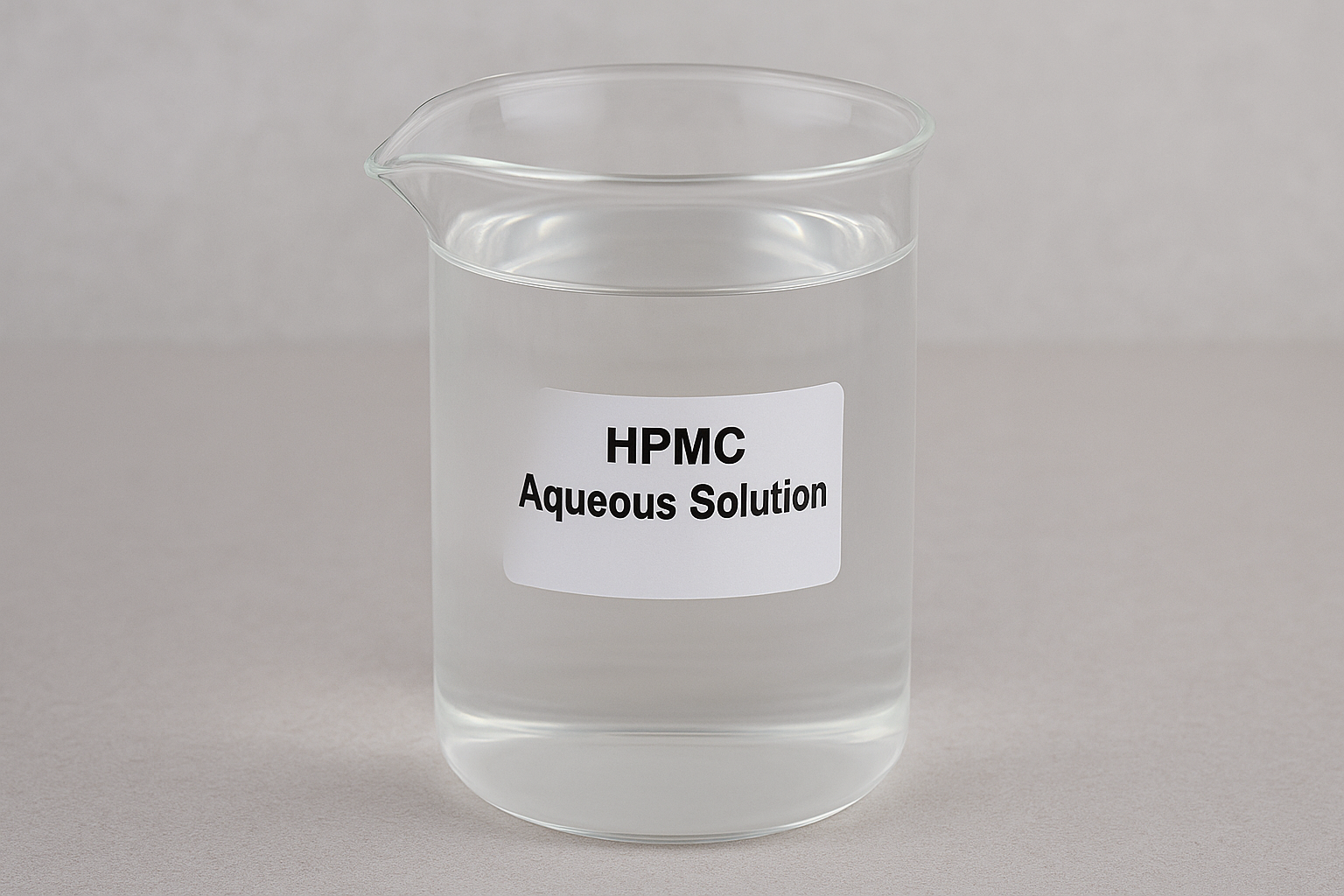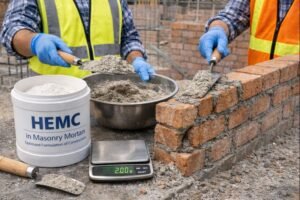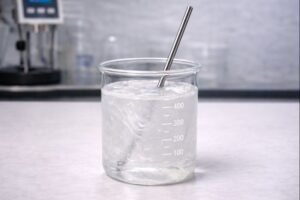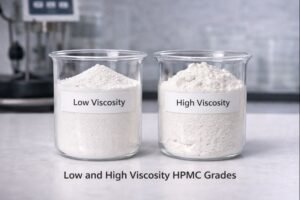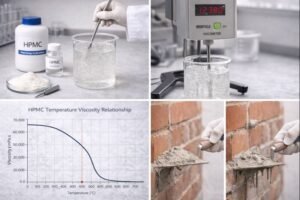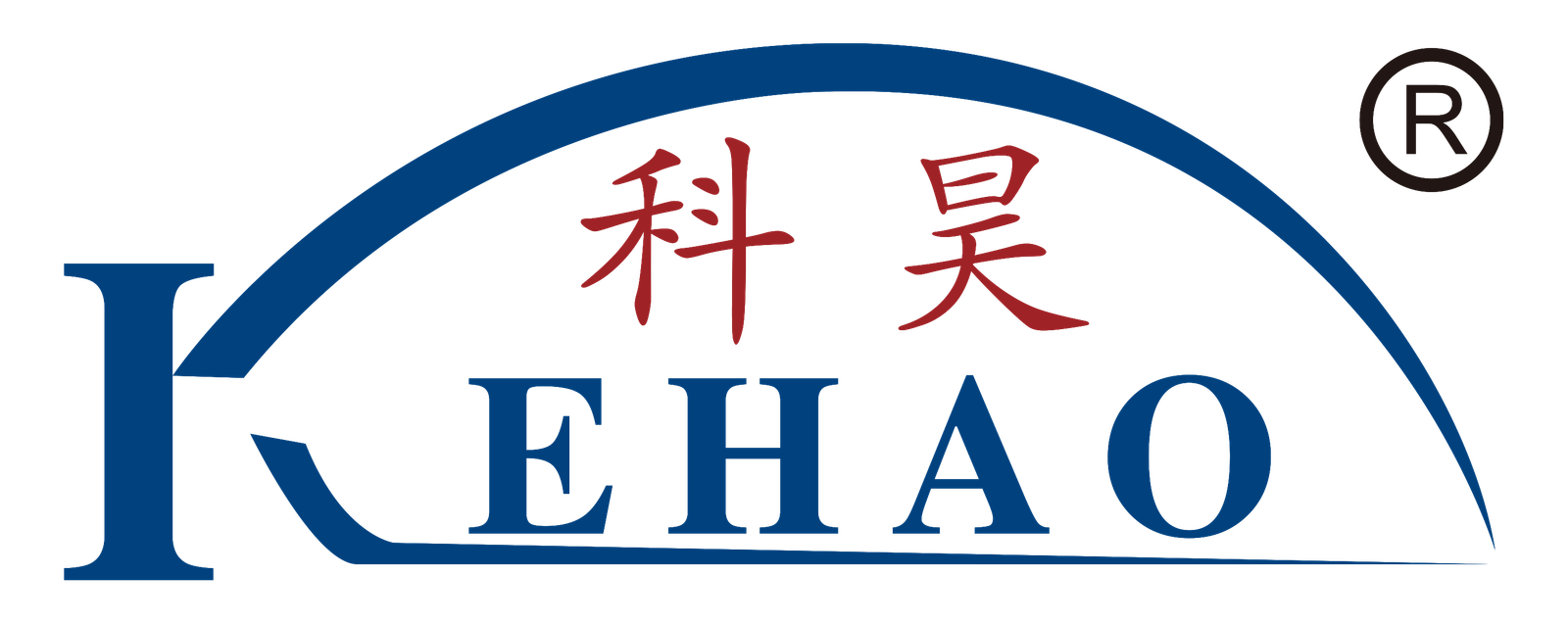Construction projects often face delays due to inconsistent material quality and unreliable suppliers. This frustration costs you time, money, and client satisfaction while damaging your professional reputation.
HPMC (Hydroxypropyl Methylcellulose)1 from reputable Chinese wholesalers offers the perfect balance of quality and cost-efficiency. The best suppliers provide consistent product specifications, technical support, customizable packaging options, and competitive pricing without compromising on performance standards.
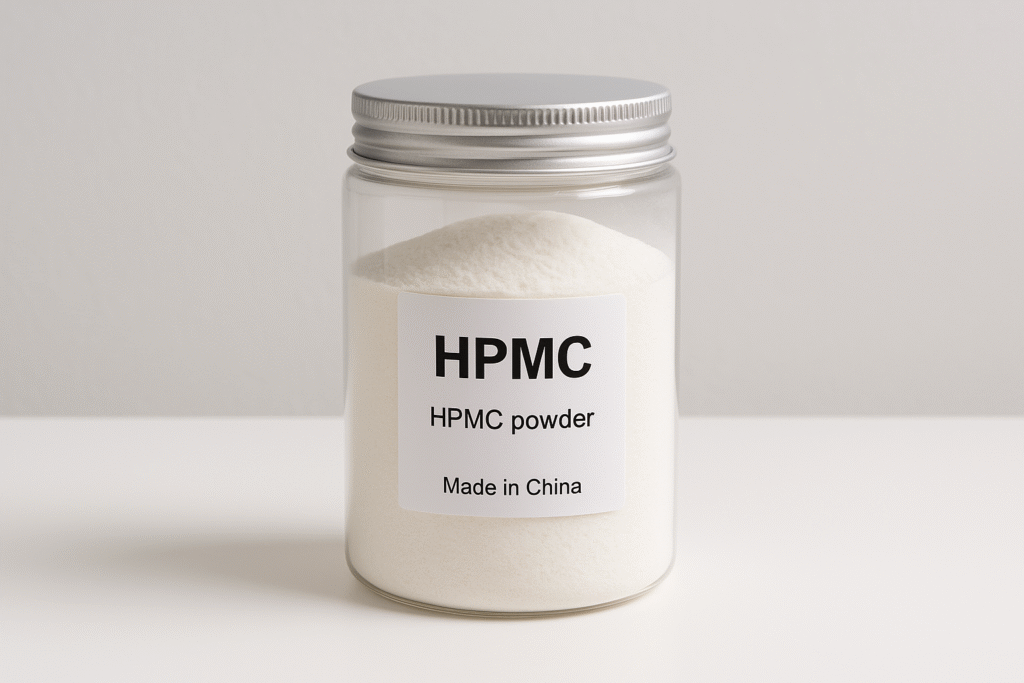
As someone who's worked with building materials for over 15 years, I've seen how the right HPMC can transform construction projects. Let me share what makes China one of the leading sources for this essential construction additive and which products might best suit your needs.
What Makes Chinese HPMC Stand Out from Other Global Suppliers?
Many construction companies struggle with additives that fail to deliver consistent results. Poor quality cellulose ethers can lead to wall cracks, inadequate water retention, and wasted materials.
Chinese HPMC manufacturers have invested heavily in advanced production technology and quality control systems. Top suppliers offer products with precisely controlled viscosity, particle size, and methoxyl content, ensuring consistent performance across batches and applications.
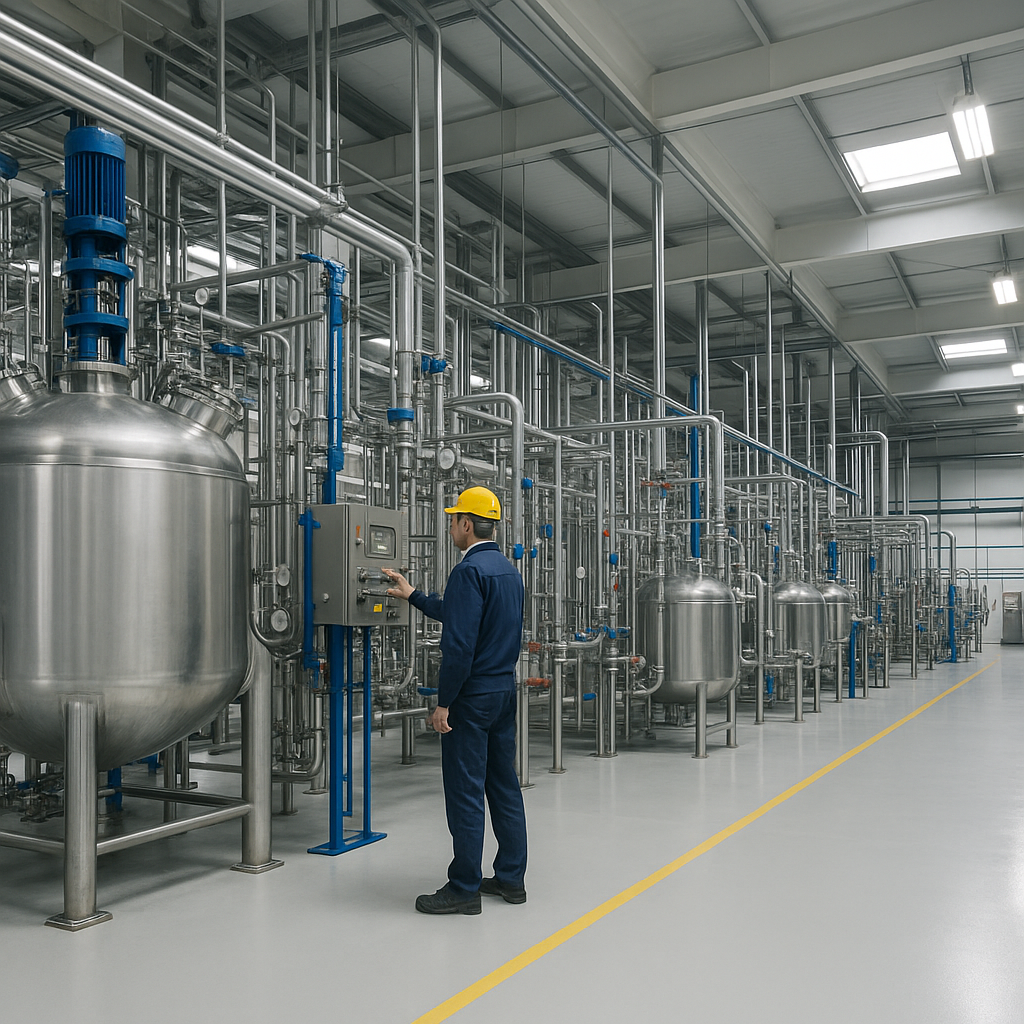
When I first visited manufacturing facilities in China, I was impressed by the level of technical sophistication. Our factory operates six production lines with strict quality control protocols at every stage. This investment in technology has allowed Chinese manufacturers to optimize HPMC production while maintaining competitive pricing.
The best Chinese HPMC stands out through its consistent quality parameters. For example, our premium grade HPMC maintains viscosity variations under ±5% between batches, compared to the industry standard of ±10%. This consistency translates directly to predictable performance in mortars, renders, and paints.
Additionally, Chinese manufacturers offer customization options that many Western suppliers don't provide. From specialized methoxyl content percentages to tailored packaging with your branding, the flexibility of Chinese suppliers makes them ideal partners for businesses looking to develop proprietary formulations.
Which HPMC Products Are Most Suitable for Dry Mix Mortars?
Construction companies often waste money on inappropriate HPMC grades, resulting in poor workability, reduced adhesion, and project delays. Using the wrong viscosity can ruin an entire batch of mortar.
For dry mix mortars, HPMC with viscosities between 100,000-150,000 mPa·s and methoxyl content of 28-30% typically provides optimal water retention and workability. These specifications ensure proper open time while maintaining adhesion strength.
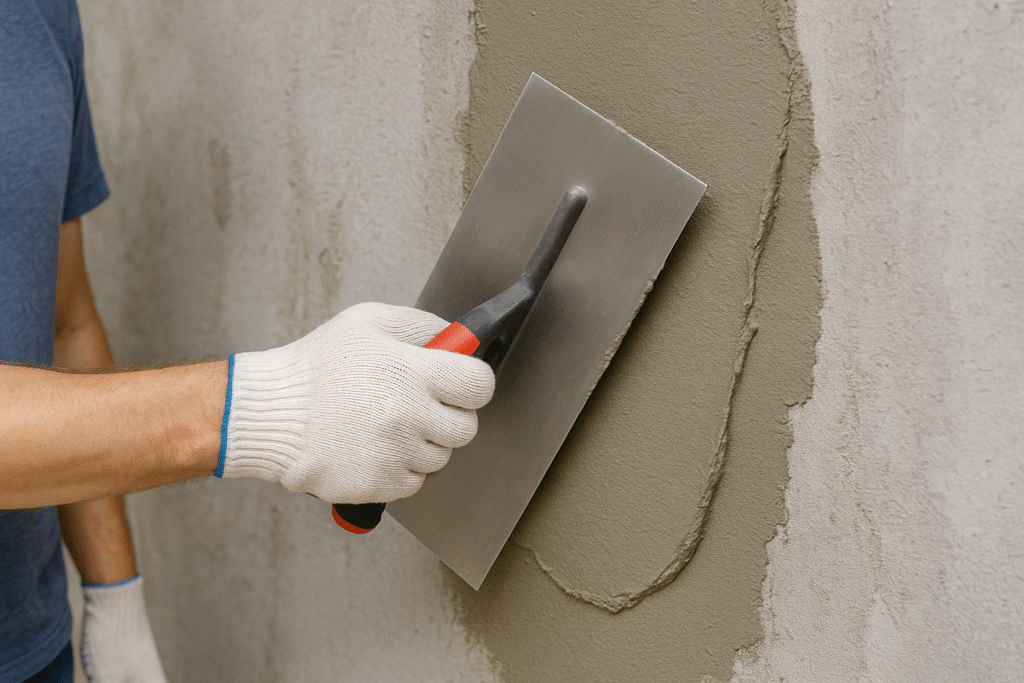
I've worked with countless mortar manufacturers over the years, and the most successful ones understand that HPMC selection must be tailored to specific applications. For tile adhesives, our clients typically achieve best results with HPMC grades that offer higher viscosity (around 100,000-150,000 mPa·s) and moderate hydroxypropyl substitution, which enhances water retention without compromising set time.
For rendering mortars, a slightly lower viscosity (50,000-75,000 mPa·s) often provides better workability while maintaining sufficient water retention. The hydroxypropyl content in this application should be slightly higher to ensure adequate open time for larger surface applications.
Temperature stability is another crucial factor in HPMC selection for mortars. Our premium grades maintain consistent performance across temperature ranges from 5°C to 35°C, which is particularly important for clients in regions with significant seasonal variations like Saudi Arabia and Iran. This stability prevents unexpected changes in workability that can plague construction projects during weather transitions.
We've also developed specialized HPMC grades with enhanced thixotropic properties for vertical applications. These grades prevent sagging while still allowing for excellent trowelability - a balance that's particularly important for wall tiling applications in high-rise construction projects.
How Does HPMC Quality Impact Paint Performance and Durability?
Many paint manufacturers struggle with inconsistent viscosity, poor storage stability, and inadequate water resistance. These issues lead to customer complaints, returned products, and damaged brand reputation.
High-quality HPMC for paints (typically 15,000-30,000 mPa·s) provides excellent thickening, anti-sagging properties, and pigment suspension while improving brush resistance and adhesion on various substrates.
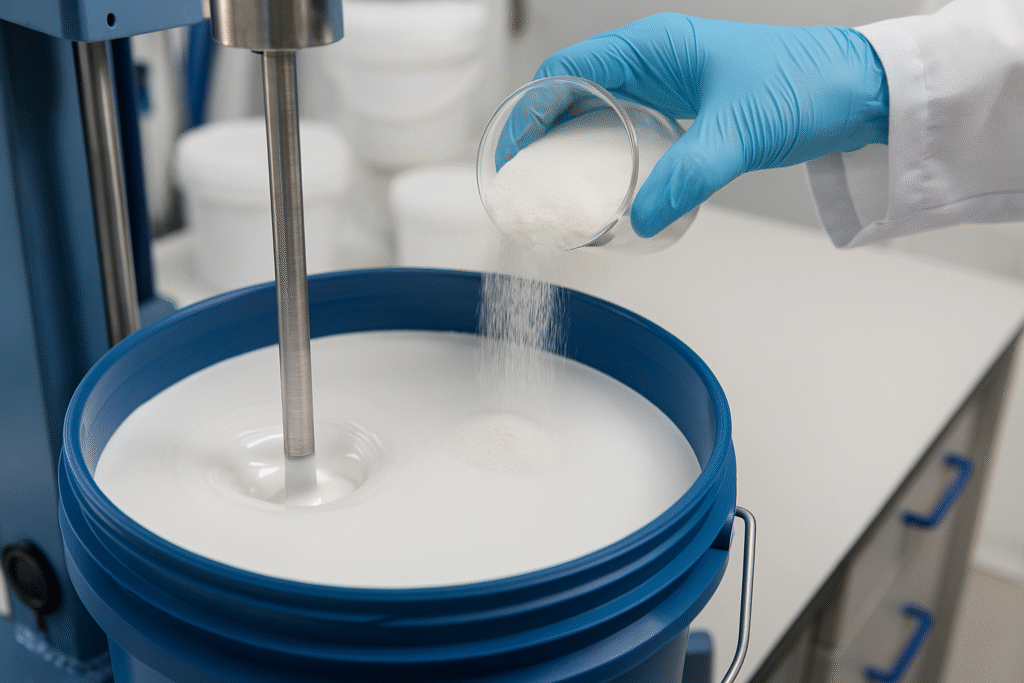
From my experience working with major paint manufacturers across developing markets, I've observed that HPMC quality directly correlates with finished product consistency. The best Chinese HPMC for paints offers uniform particle size distribution, typically with 99% passing through 100-mesh screens, ensuring smooth incorporation without clumping during production.
Paint stability during storage is heavily influenced by HPMC quality. Premium grades resist enzymatic degradation and maintain consistent viscosity profiles even when stored for 18+ months in variable conditions. This is particularly important for our clients in tropical regions like Vietnam and the Philippines, where temperature and humidity fluctuations can dramatically affect paint stability.
Another critical factor is the impact of HPMC on paint application properties. The hydroxypropyl substitution level affects water retention, which directly influences open time during application. For interior paints, we typically recommend HPMC with moderate hydroxypropyl content (7-12%) to balance workability with drying time. For exterior paints that face more challenging application conditions, higher hydroxypropyl content (10-15%) provides extended open time and better workability in varied environmental conditions.
The influence of HPMC on finished paint film properties shouldn't be underestimated. Higher quality grades contribute to improved scrub resistance, with our premium products enabling paints to achieve 2000+ scrub cycles in standard testing - an important selling point for paint manufacturers marketing premium products to commercial customers concerned about maintenance costs.
Conclusion
Chinese HPMC wholesalers offer exceptional value through consistent quality, customization options, and technical support. By selecting the right product specifications for your specific application, you'll achieve superior performance while controlling costs.
-
Explore how HPMC enhances construction projects with its unique properties and benefits. ↩
